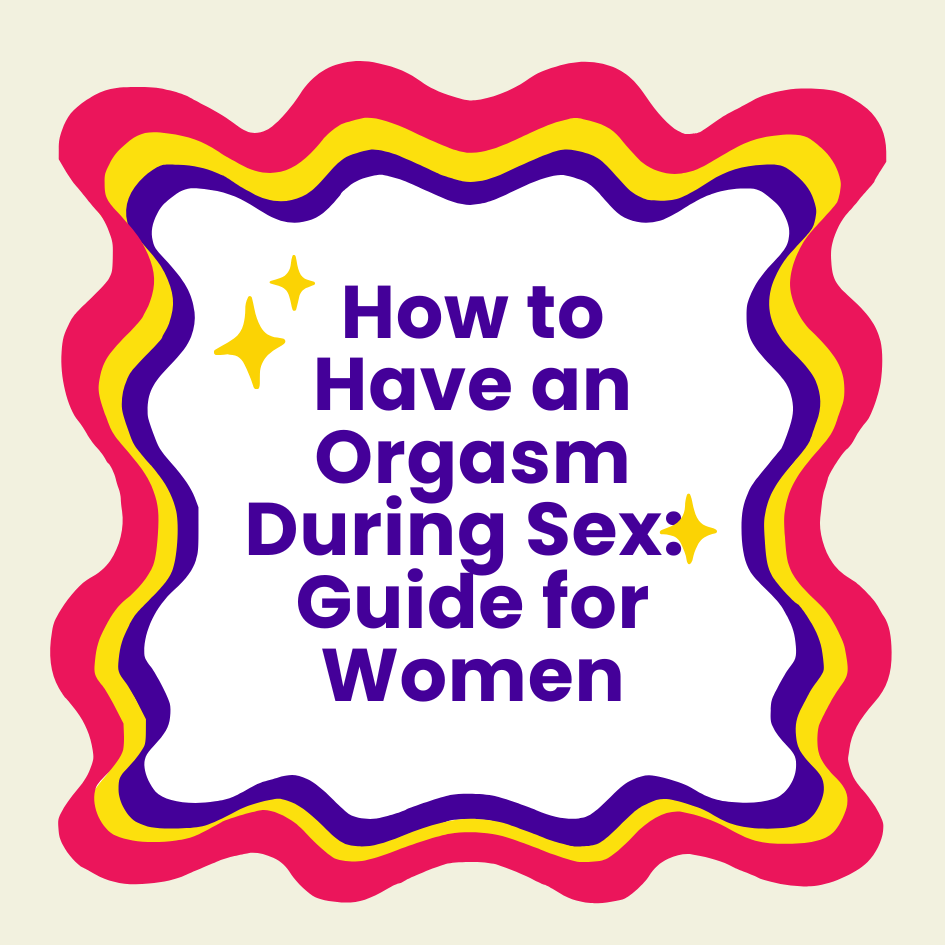
"I like the idea of BDSM. I like bondage. I have a fetish sometimes around dominance situations as the one dominated or dominant. Am I weird? Am I broken? Am I a sick person? Is BDSM morally wrong?"
BDSM (Bondage, Discipline/Domination, Sadism, Masochism) isn't a single sexual interest. It's more of an umbrella term—a "coalition" of different kinks that often involve hierarchical power differences (S&M especially) and related interests. [4]
The past few years have massively raised BDSM's profile with Fifty Shades of Grey, its copycats, and its related, supernatural cousins.
And, of course, it's had ardent practitioners for decades now. That being said, many still have lots of questions, and often shame, around interest in BDSM. The problematic portrayals in 50 Shades probably don't help either.
The questions often boil down to two related, but distinct questions—both of which I'll address here (with real data!):
- Am I normal? (i.e. do lots of other people like this, or am I alone?)
- Am I sick / twisted for liking this? (i.e. is this caused by or associated with disorders?)
Before jumping into the questions though, it's worth considering why answers to this are hard to find.
People don't really talk about it
Even with its supposed mainstreaming, most people are still quite close-mouthed about interest in BDSM.
One Belgian study from 2017 reported that 38% of their sample completely hid their interest in it from everyone, and only 11-25% told close friends and family. In contrast, 58-75% were willing to talk about sexuality in general. [1]
Why? Probably because people are worried about what people around them might think of it. I've actually heard someone express worry that people would look at him as an "axe murderer, serial killer, or rapist" because of it. It would certainly put a damper to free-spirited sharing of your sexual interests if you thought people might think of you like the main character in American Psycho.

It's pretty common
There's pretty wide variation in reporting on the prevalence of BDSM practice and interest. One 2008 study cites 2.0% of sexually active men and 1.4% of sexually active women between 16-59 engaged in BDSM in the past year. [3]
On the other hand, that 2017 Belgian study found a whopping HALF of participants had performed at least one BDSM-related activity—and 22% more indicated having fantasies about it. [1]
Maybe Belgians are just kinkier, but there's a greater likelihood that the 2017 study is closer to the truth. Older studies were vaguer on what was considered BDSM and, even anonymously, admitting it was less socially acceptable even a decade ago.
Of course, that just makes the fact from the same study that people don't talk about it even more striking—if you fantasize about BDSM-related activities, you're probably not alone but you likely aren't hearing it from your peers.
It's not associated with problems
If you think that interest in BDSM corresponds with mental illness or being sick, you can probably be forgiven for the impression. After all, therapists have treated it that way for decades. The current DSM—the Diagnostic and Statistical Manual of Mental Disorders—still labels BDSM-related activities as "potentially deviant" (in the form of sexual masochism disorder or sexual sadism disorder). [1]
For years, therapists (influenced by Freud's example, who had other "great" ideas) thought that interest in BDSM was related to childhood abuse, sexual trauma, or other problems. Actual studies on the topic have found BDSM practitioners and fanaticizers to be pretty (almost boringly) normal.

Characteristics of BDSM practitioners
One study found that most BDSM practitioners get interested in their early twenties, but don't really act on it until their late twenties. Afterwards, they go wild and crazy and do it... at home. They also tend to find both BDSM-related activity and other sexual activity enjoyable—so it's not like they can only get off on BDSM. [2]
They didn't tend to have trauma in their backgrounds. In fact, compared to non-BDSM participants, they tended to be less neurotic, more extraverted, more conscientious, with (especially for female participants) more confidence in their relationships and lower need for approval. To top it all off, they tended to report higher subjective well-being. [5]
The one thing that they did tend to find? Sometimes fairly negative reactions from revealing their interests to others—which made them fairly quiet about it subsequently. [2]
It isn't a miracle drug
With all of that, BDSM probably sounds like the best thing ever. It makes you less anxious, have more confidence, and feel better about yourself? That's even better than a miracle pill.
In reality, the effects found are probably related to the group willing to talk about their activities and who have accepted their own sexual interests. That acceptance itself is pretty helpful in and of itself—but isn't specific to BDSM.
Pretty normal
What this all DOES say though is that if you like BDSM, you're fine. You don't have a higher likelihood than normal of being sexually repressed or traumatized. You don't have some sort of mental disorder. You probably aren't even that interesting (just kidding).
You do you
This isn't all to say that the BDSM community doesn't have their own struggles and issues that have come up over time. Issues can definitely crop up, but they're often the same as that encountered in any sexually-charged environment (this is a far longer topic than can be reasonably covered here—but, for those interested, Radiolab has an interesting episode related to this subject).
BDSM—from forays into bondage, spanking, or roleplay, to leathermen, to D/s 24/7 (living dom/sub lifestyles... well, 24/7)—is just another sexual interest rather than something wrong with you. As one study puts it—it's a lifestyle choice and not a pathology. [3]
Similar to other cases of kinks, fantasies, and sexual interests, you're generally better off exploring and better understanding what you like and don't like. Even if not many people share your interest, it's still your interest and a perfectly acceptable part of you, as long as it's safe and consensual. In the case of BDSM and BDSM-related activities, a lot of people actually do.
Greater acceptance of yourself, your sexuality, and more exploration usually have pretty substantive effects on having a better sex life—and hey, who knows, maybe you too will get all the miracle drug effects once you learn and explore. If nothing else, it'll probably feel pretty good.
===
Want other ways to learn about what you like? The Lioness may be able to help!

Lioness is the first and only vibrator that helps you improve your orgasms.
The world’s most advanced rabbit-style vibrator. Precision sensors let you literally see your arousal and orgasm. Experiment, understand yourself, and have better orgasms — after all, as the saying goes, “never measured, never improved.”
Click hereto learn more.
===
References
[1] Holvoet, L., Huys, W., Coppens, V., Seeuws, J., Goethals, K., & Morrens, M. (2017). Fifty Shades of Belgian Gray: The Prevalence of BDSM-Related Fantasies and Activities in the General Population. The Journal of Sexual Medicine, 14(9), 1152–1159. http://doi.org/10.1016/j.jsxm.2017.07.003
[2] Pascoal, P. M., Cardoso, D., & Henriques, R. (2015). Sexual Satisfaction and Distress in Sexual Functioning in a Sample of the BDSM Community: A Comparison Study Between BDSM and Non-BDSM Contexts. The Journal of Sexual Medicine, 12(4), 1052–1061. http://doi.org/10.1111/jsm.12835
[3] Richters, J., De Visser, R. O., Rissel, C. E., Grulich, A. E., & Smith, A. M. A. (2008). Demographic and Psychosocial Features of Participants in Bondage and Discipline, “Sadomasochism” or Dominance and Submission (BDSM): Data from a National Survey. The Journal of Sexual Medicine, 5(7), 1660–1668. http://doi.org/10.1111/j.1743-6109.2008.00795.x
[4] Weiss, M. D. (2006). Mainstreaming Kink. Journal of Homosexuality, 50(2-3), 103–132. http://doi.org/10.1300/j082v50n02_06
[5] Wismeijer, A. A. J., & van Assen, M. A. L. M. (2013). Psychological Characteristics of BDSM Practitioners. The Journal of Sexual Medicine, 10(8), 1943–1952. http://doi.org/10.1111/jsm.12192



